Stanislav Zivny
On Singleton Arc Consistency for CSPs Defined by Monotone Patterns
Aug 10, 2018
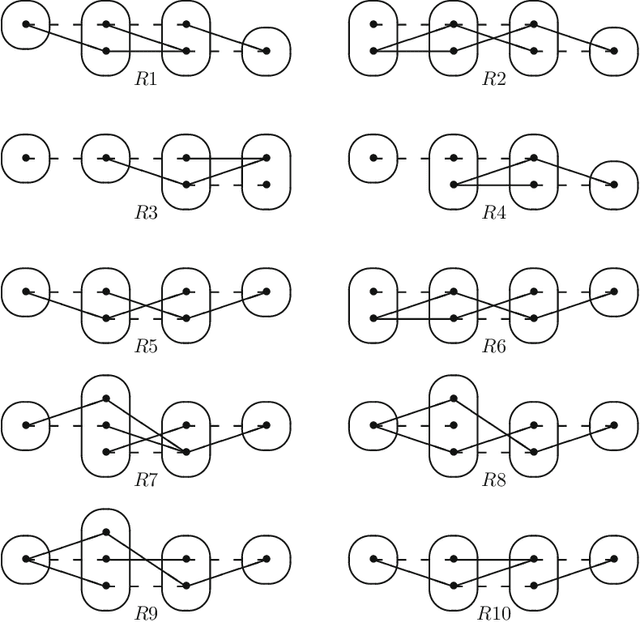
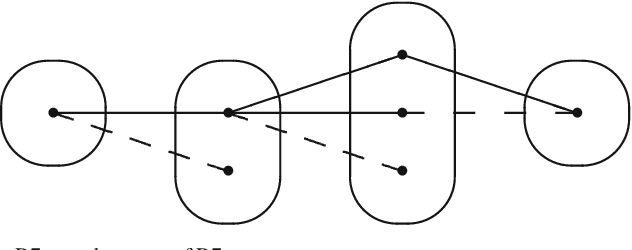

Abstract:Singleton arc consistency is an important type of local consistency which has been recently shown to solve all constraint satisfaction problems (CSPs) over constraint languages of bounded width. We aim to characterise all classes of CSPs defined by a forbidden pattern that are solved by singleton arc consistency and closed under removing constraints. We identify five new patterns whose absence ensures solvability by singleton arc consistency, four of which are provably maximal and three of which generalise 2-SAT. Combined with simple counter-examples for other patterns, we make significant progress towards a complete classification.
Variable and value elimination in binary constraint satisfaction via forbidden patterns
Feb 12, 2015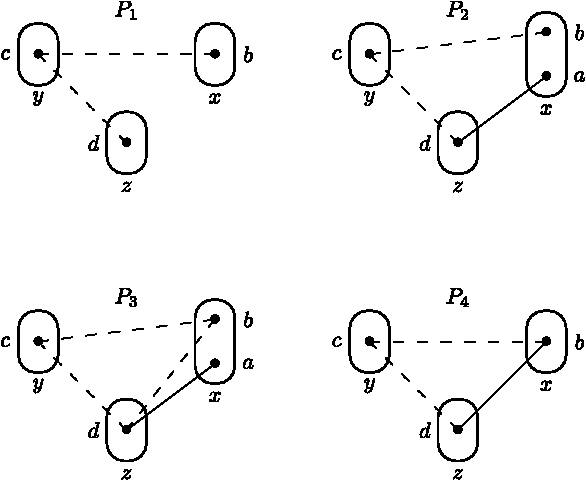
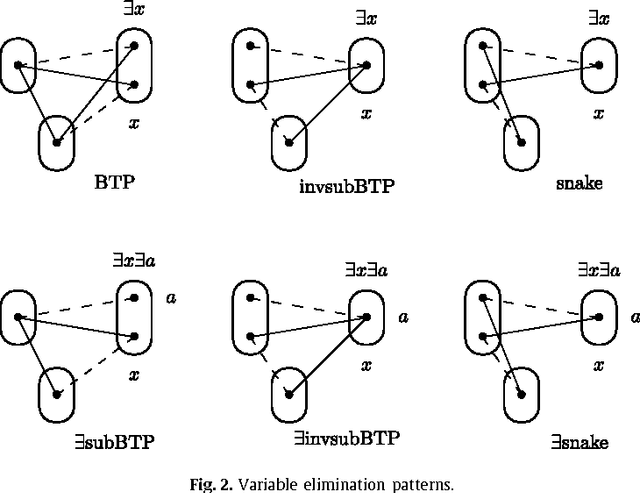
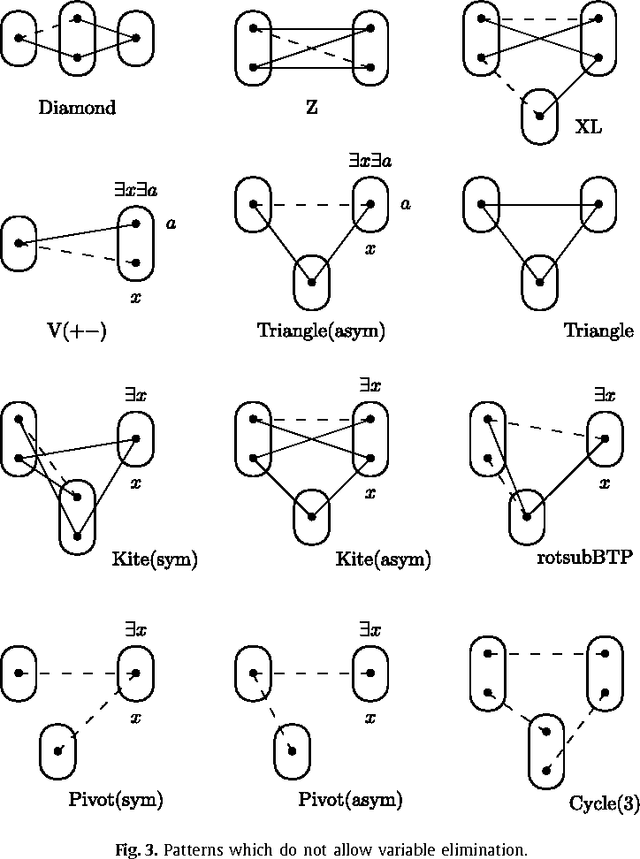
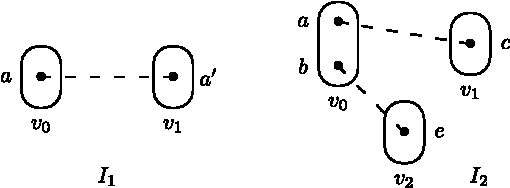
Abstract:Variable or value elimination in a constraint satisfaction problem (CSP) can be used in preprocessing or during search to reduce search space size. A variable elimination rule (value elimination rule) allows the polynomial-time identification of certain variables (domain elements) whose elimination, without the introduction of extra compensatory constraints, does not affect the satisfiability of an instance. We show that there are essentially just four variable elimination rules and three value elimination rules defined by forbidding generic sub-instances, known as irreducible existential patterns, in arc-consistent CSP instances. One of the variable elimination rules is the already-known Broken Triangle Property, whereas the other three are novel. The three value elimination rules can all be seen as strict generalisations of neighbourhood substitution.
* A full version of an IJCAI'13 paper to appear in Journal of Computer and System Sciences (JCSS)
Hybrid tractability of soft constraint problems
Aug 24, 2010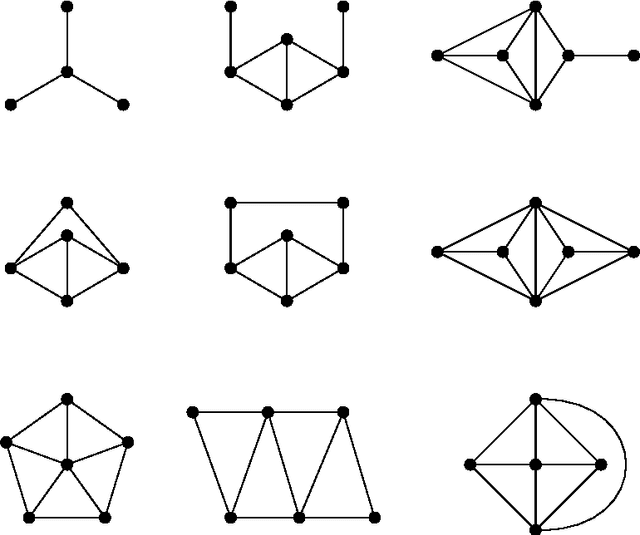


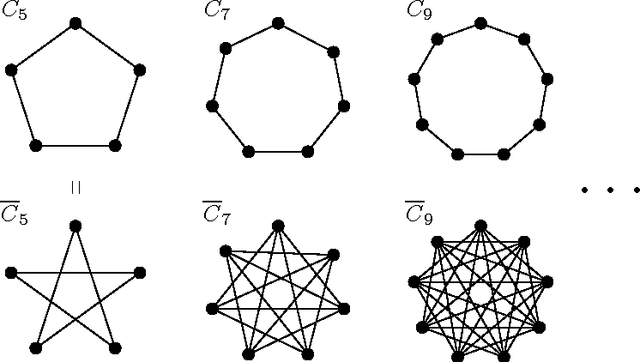
Abstract:The constraint satisfaction problem (CSP) is a central generic problem in computer science and artificial intelligence: it provides a common framework for many theoretical problems as well as for many real-life applications. Soft constraint problems are a generalisation of the CSP which allow the user to model optimisation problems. Considerable effort has been made in identifying properties which ensure tractability in such problems. In this work, we initiate the study of hybrid tractability of soft constraint problems; that is, properties which guarantee tractability of the given soft constraint problem, but which do not depend only on the underlying structure of the instance (such as being tree-structured) or only on the types of soft constraints in the instance (such as submodularity). We present several novel hybrid classes of soft constraint problems, which include a machine scheduling problem, constraint problems of arbitrary arities with no overlapping nogoods, and the SoftAllDiff constraint with arbitrary unary soft constraints. An important tool in our investigation will be the notion of forbidden substructures.
* A full version of a CP'10 paper, 26 pages
The Expressive Power of Binary Submodular Functions
Nov 12, 2008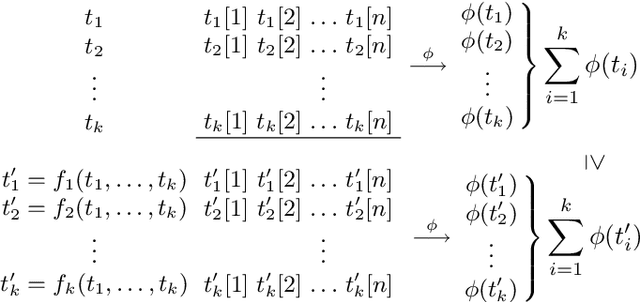
Abstract:It has previously been an open problem whether all Boolean submodular functions can be decomposed into a sum of binary submodular functions over a possibly larger set of variables. This problem has been considered within several different contexts in computer science, including computer vision, artificial intelligence, and pseudo-Boolean optimisation. Using a connection between the expressive power of valued constraints and certain algebraic properties of functions, we answer this question negatively. Our results have several corollaries. First, we characterise precisely which submodular functions of arity 4 can be expressed by binary submodular functions. Next, we identify a novel class of submodular functions of arbitrary arities which can be expressed by binary submodular functions, and therefore minimised efficiently using a so-called expressibility reduction to the Min-Cut problem. More importantly, our results imply limitations on this kind of reduction and establish for the first time that it cannot be used in general to minimise arbitrary submodular functions. Finally, we refute a conjecture of Promislow and Young on the structure of the extreme rays of the cone of Boolean submodular functions.
* 16 pages
 Add to Chrome
Add to Chrome Add to Firefox
Add to Firefox Add to Edge
Add to Edge